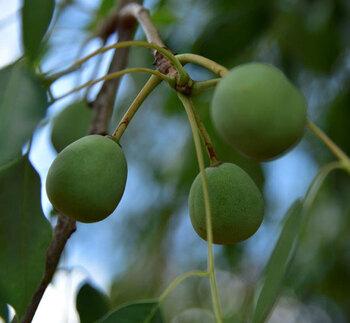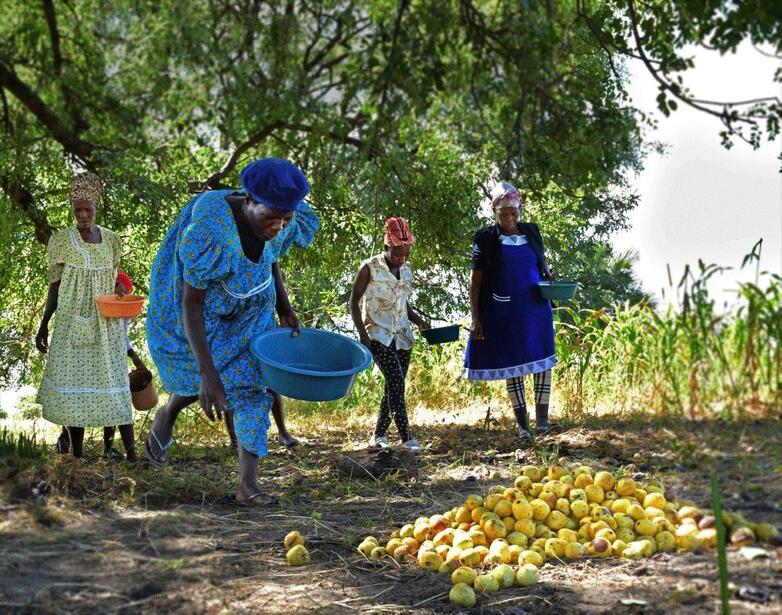Context
The destruction of biodiversity particularly affects developing countries. Significant consequences of this include poverty, loss of social stability and migration. At the same time, biodiversity is the basis for many economic sectors. Companies and research institutes around the world utilise biological resources to develop products and conduct research. Access and benefit sharing (ABS) regulates access to the resources and fair benefit sharing for those providing them. The aim is for the sectors utilising the resources to contribute to development and conservation and sustainable use of biodiversity in the countries that provide the resources.
Although the United Nations enshrined ABS in the Convention on Biological Diversity (CBD) in 1992 and there is widespread support, the national implementation of ABS is progressing only slowly. In many countries in Africa and other regions of the world, the conditions required for successful ABS cooperation between the resource-providing countries and the users of genetic resources have not been sufficiently developed.
Objective
The conditions are improved so that providers and users of biological resources can cooperate successfully in ABS and contribute to biodiversity conservation in cooperating countries.
Approach
Together with partners the project supports activities that aim to increase the international relevance of ABS and encourage active stakeholder involvement.
It supports the private sector and research institutes to implement ABS-compliant cooperation arrangements with resource-providing countries, indigenous peoples and local communities.
The project works to expand knowledge sharing and advises public officials on integrating ABS into policy.
Advisory support is also provided to Indigenous Peoples and local communities so that they are in a position to assert their rights to the resources and to actively participate.
The Swiss State Secretariat for Economic Affairs (SECO), the Norwegian Agency for Development Cooperation (NORAD) and the Dutch Ministry of Agriculture, Nature and Food Quality (MLNV) are also supporting the project with additional funding.


